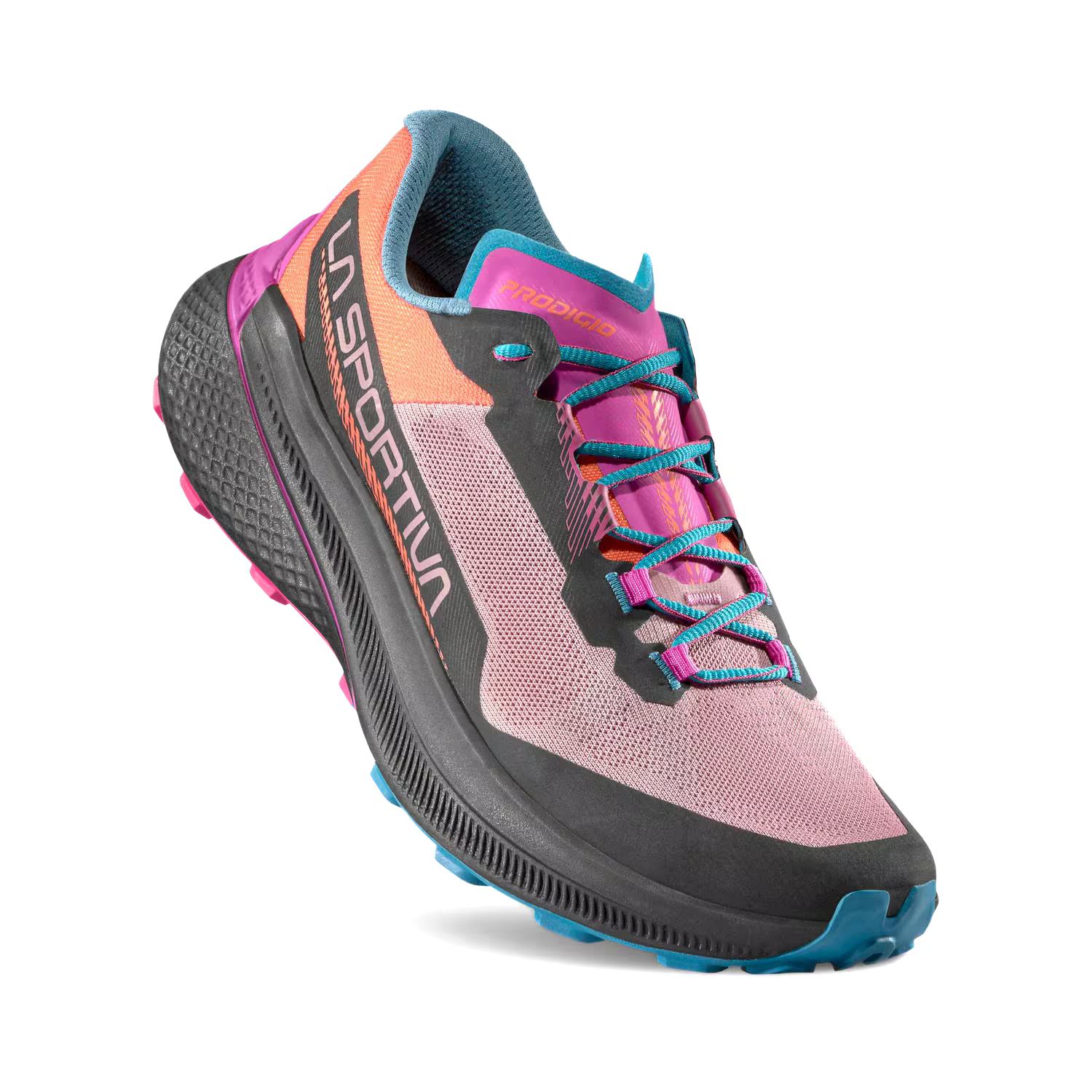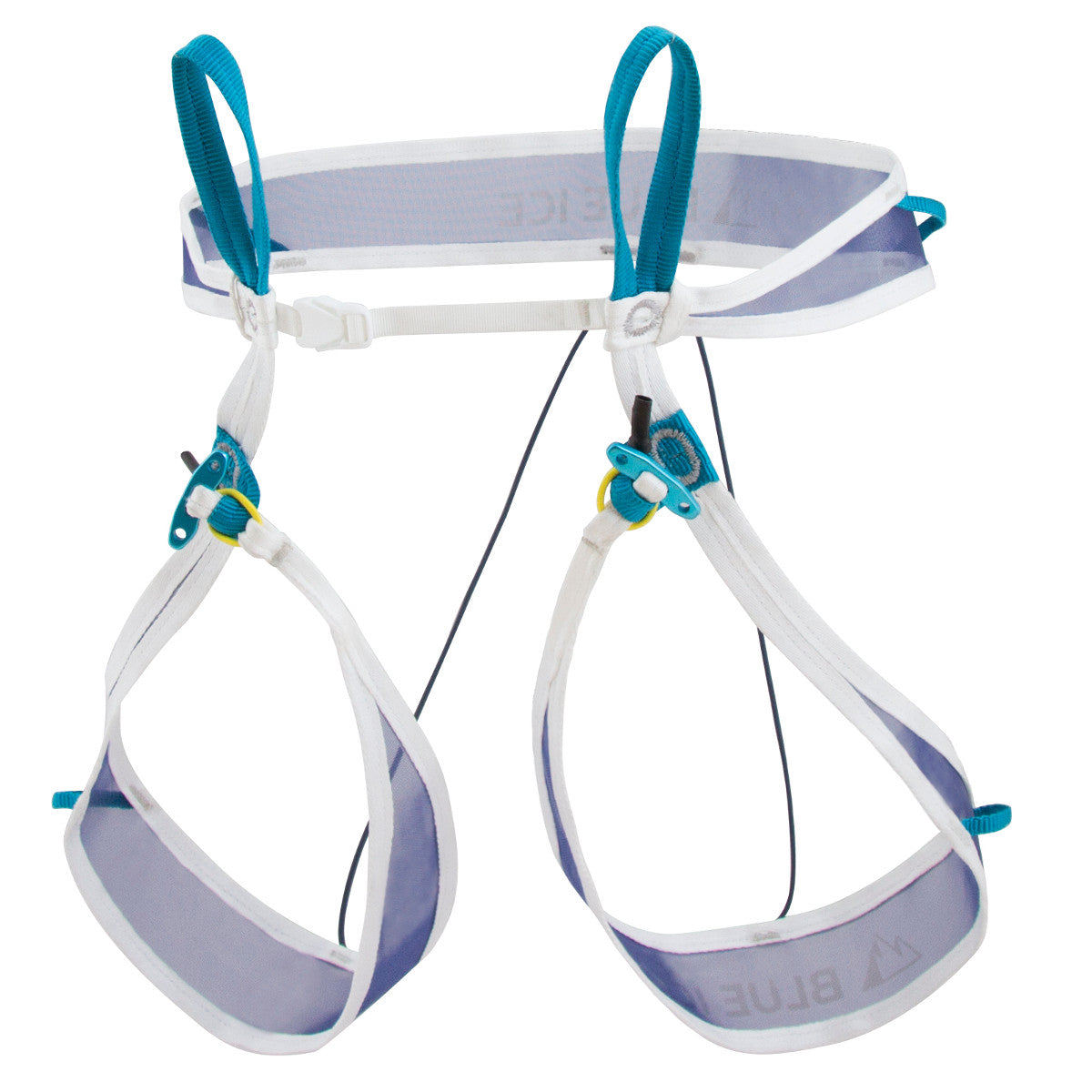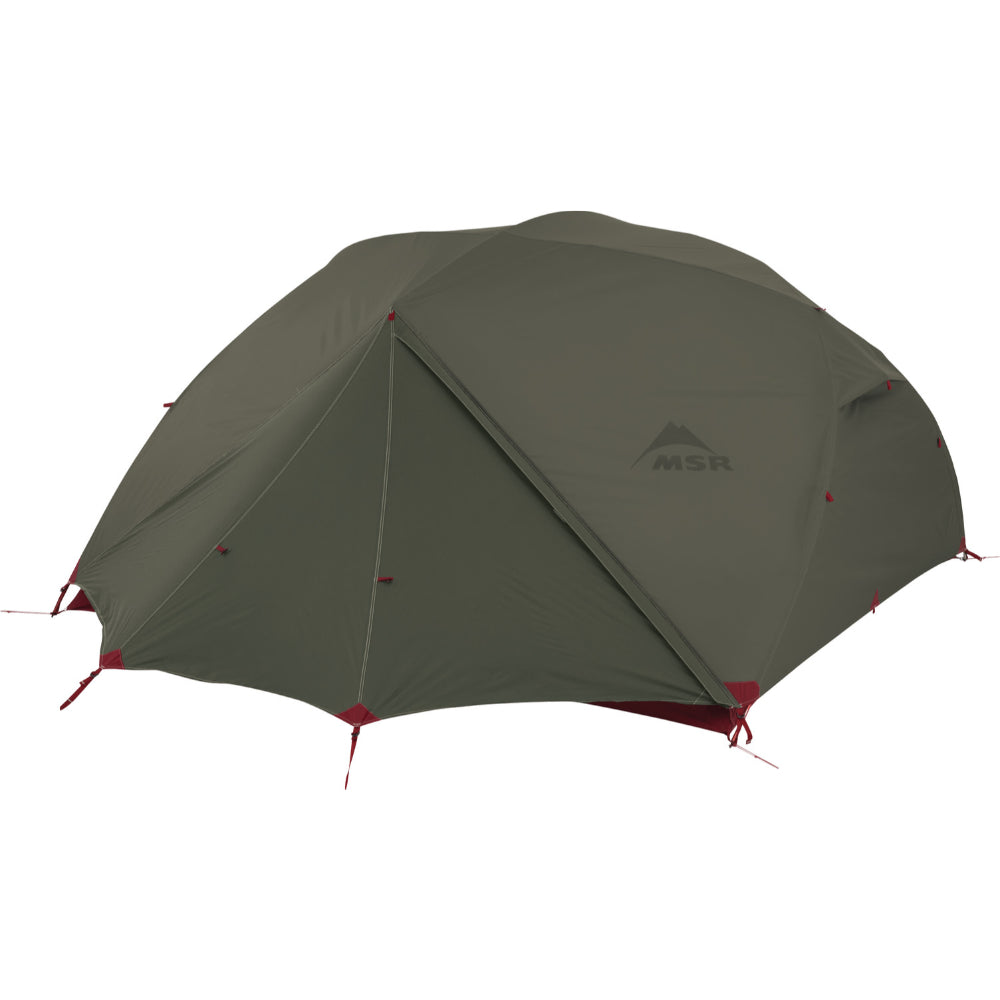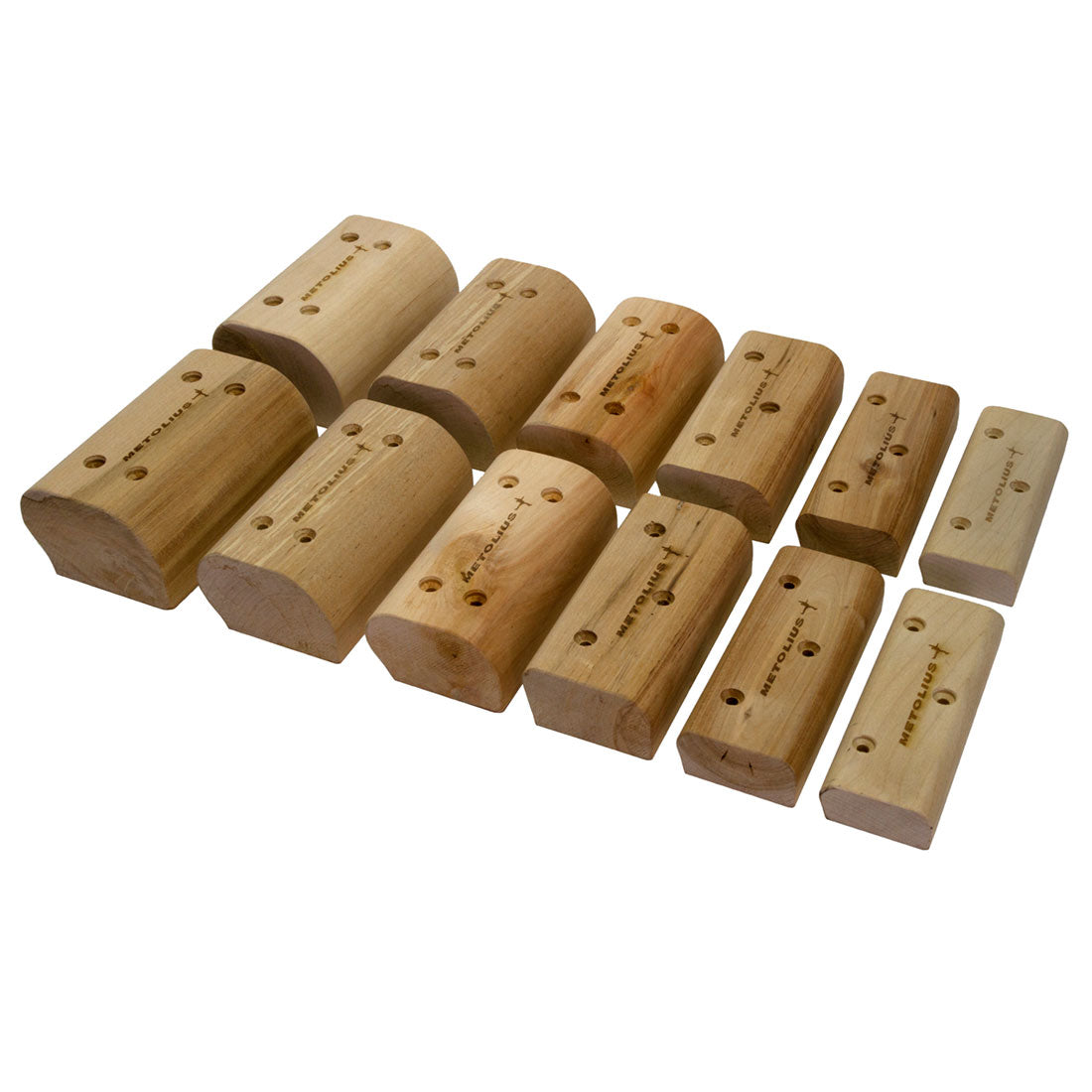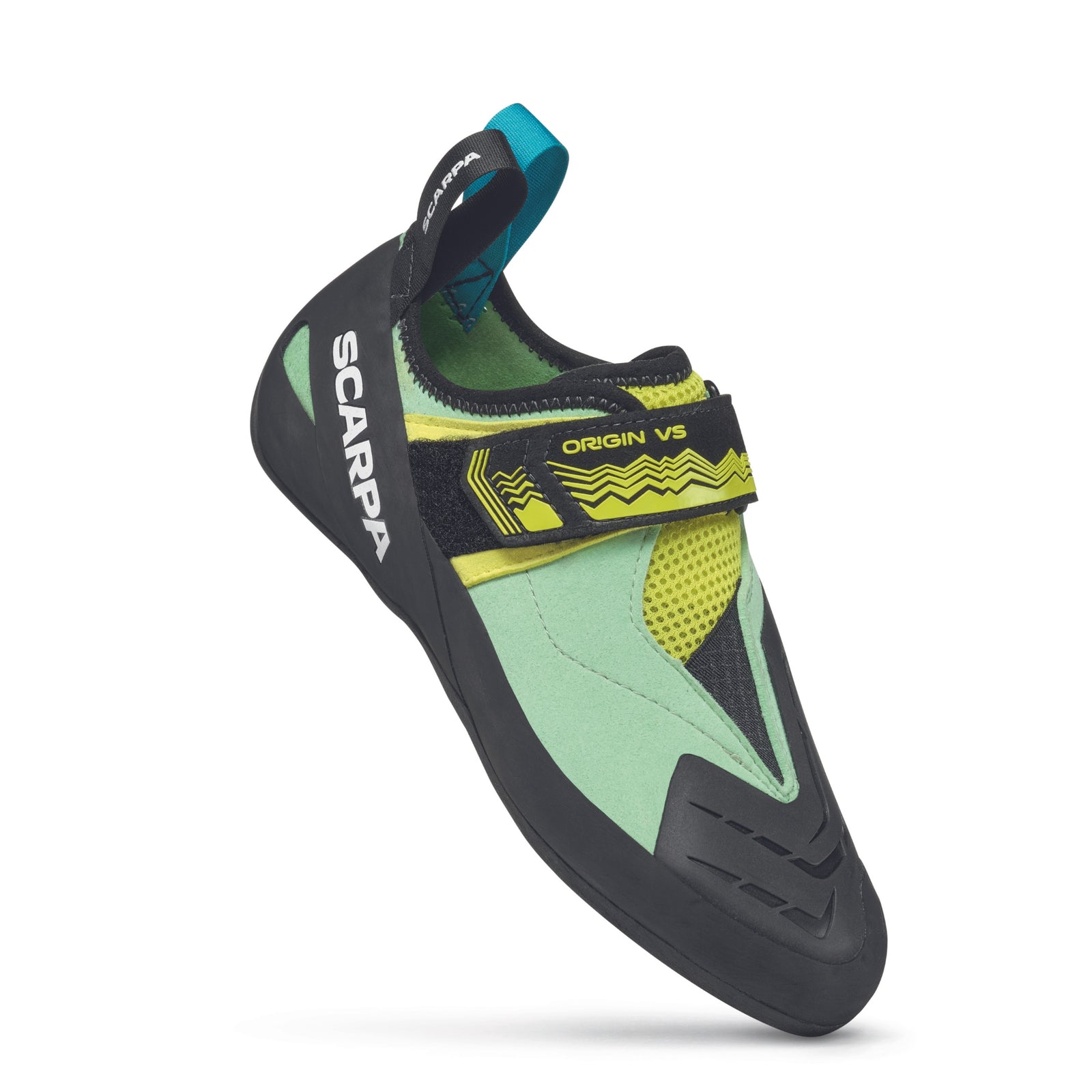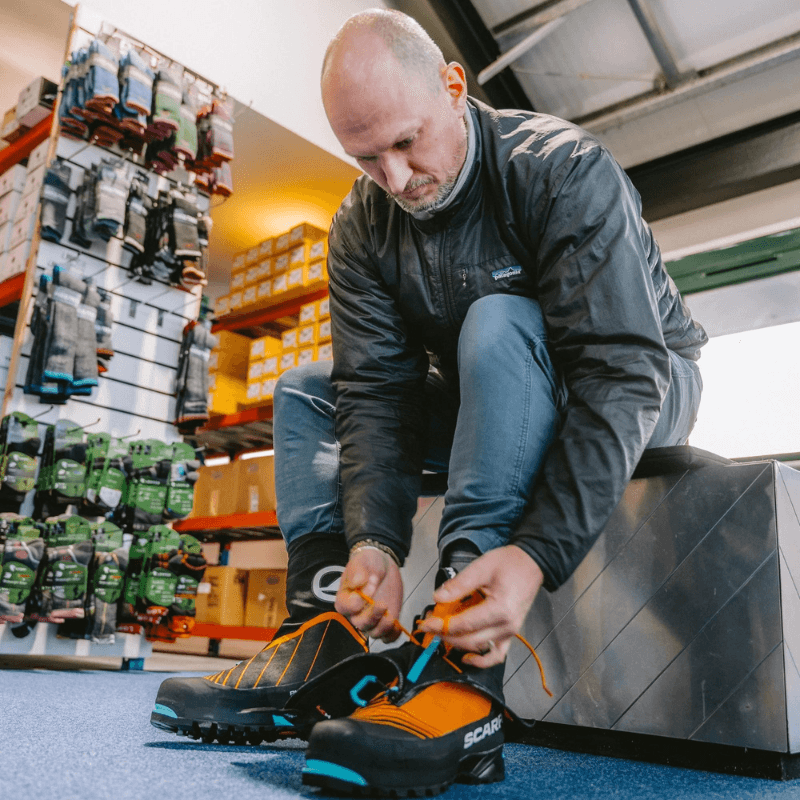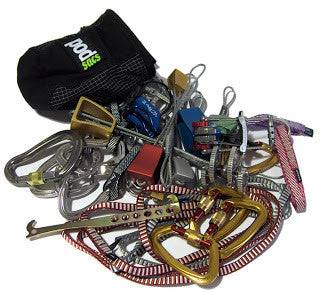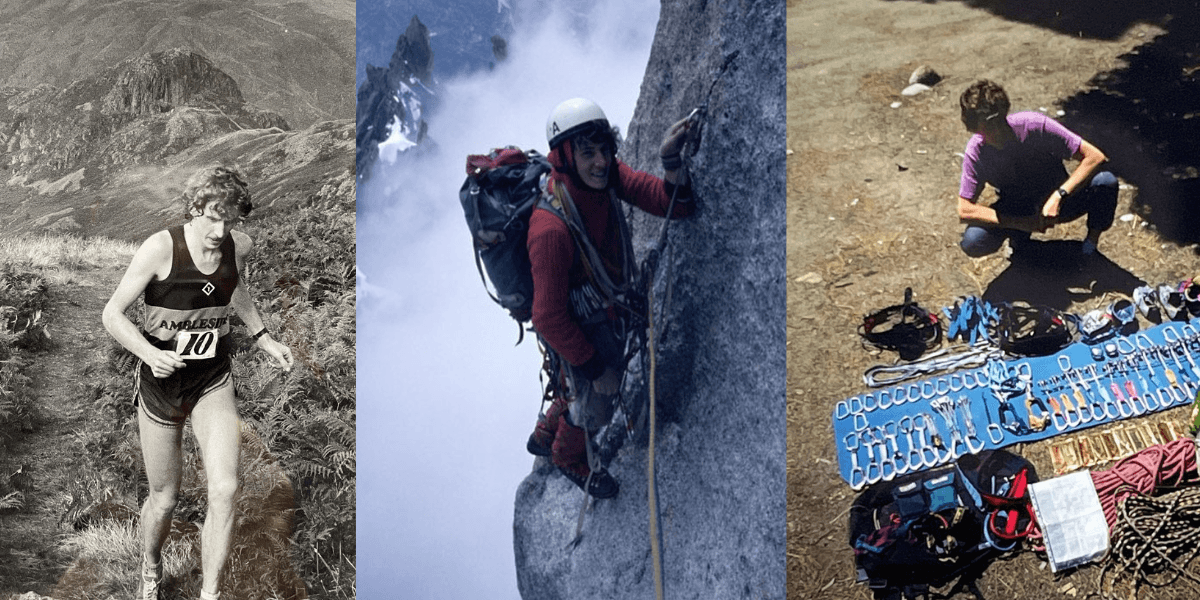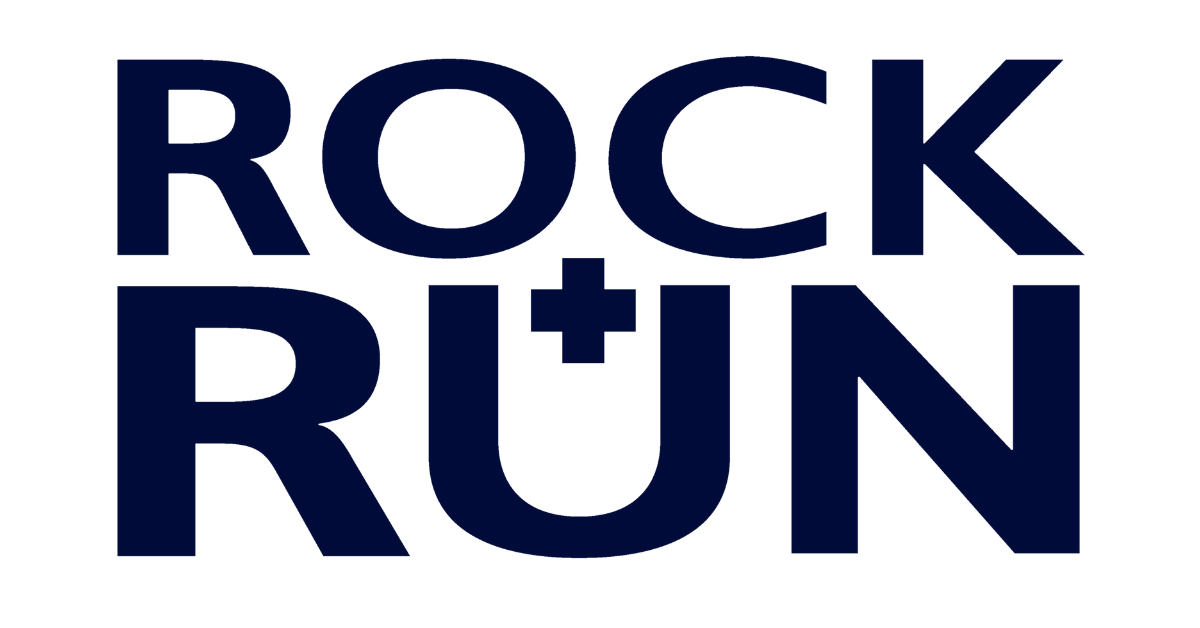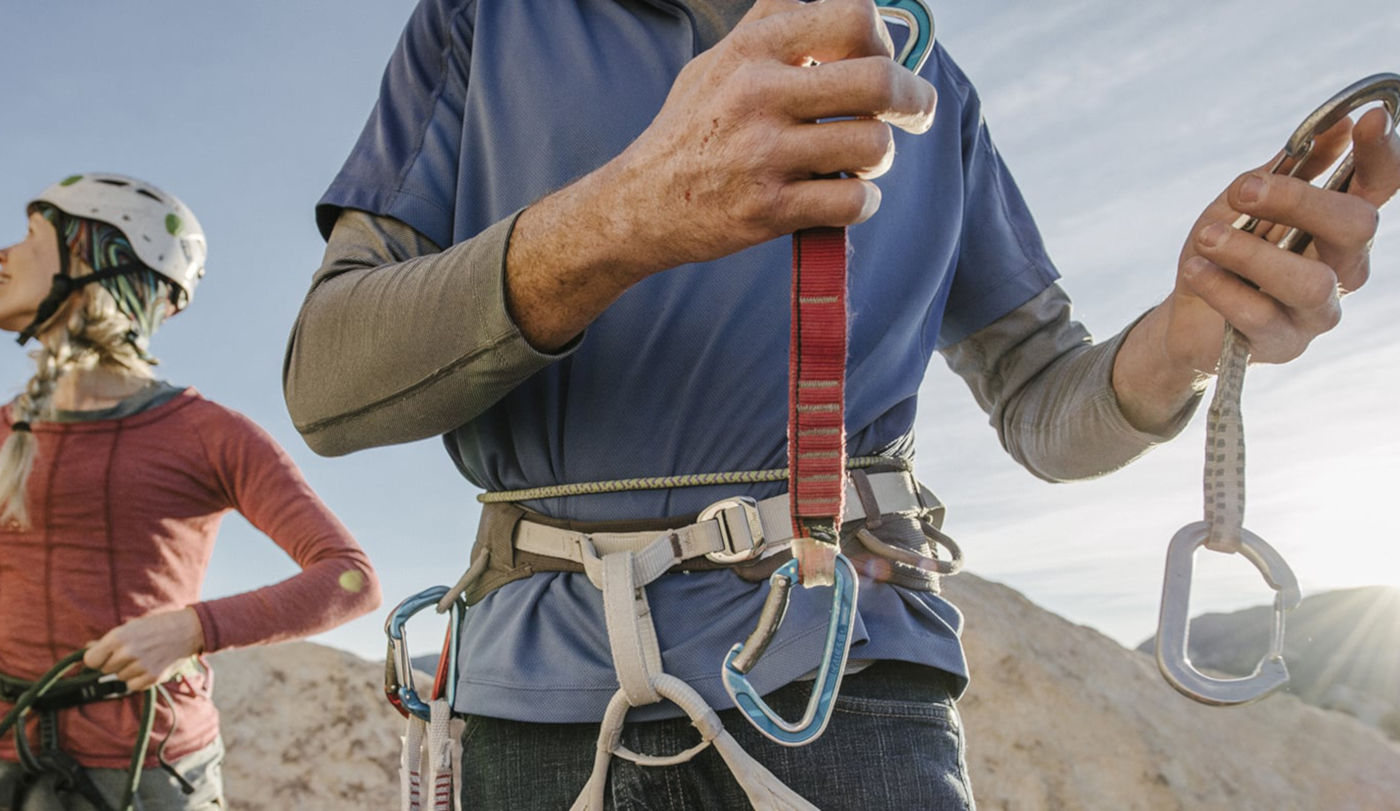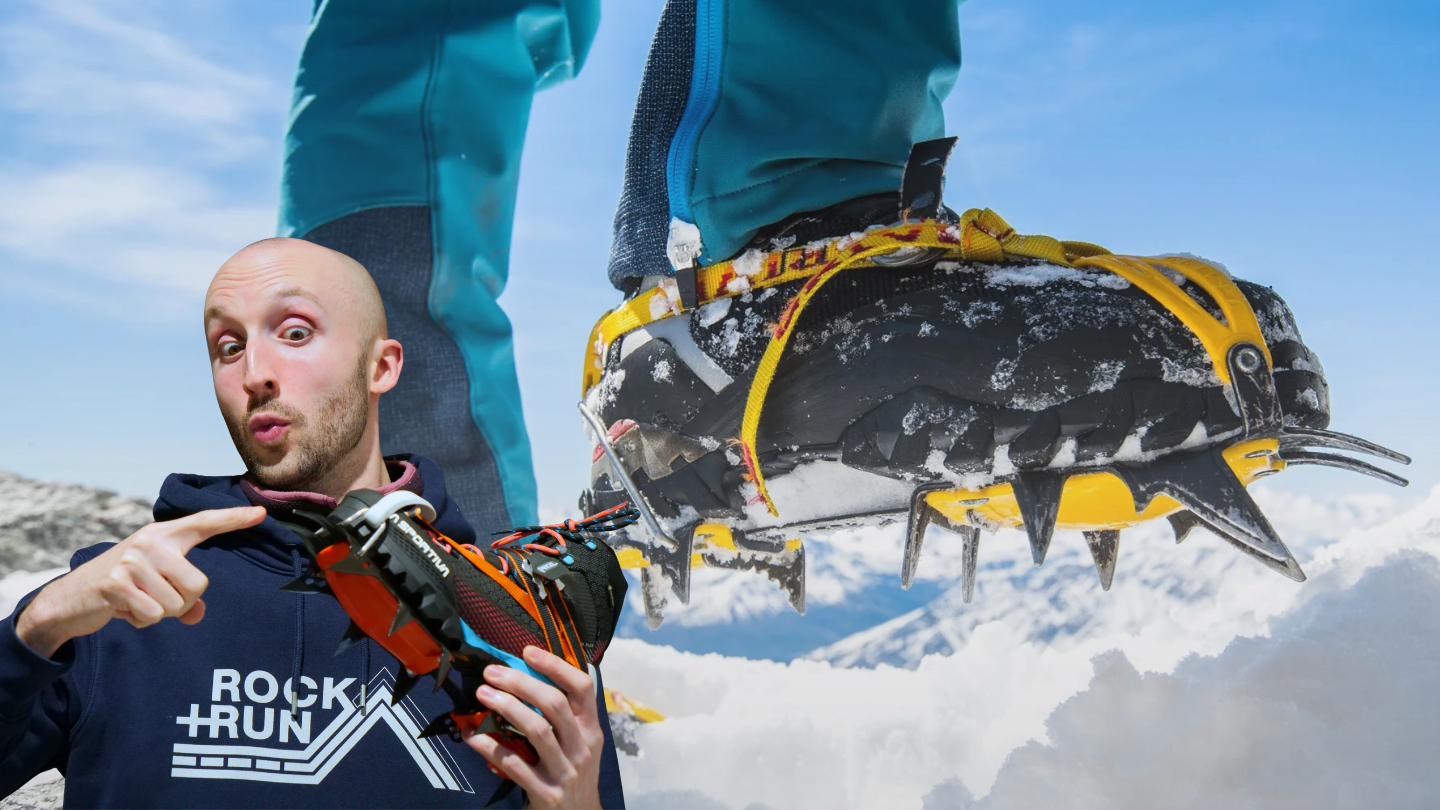By Rock + Run
 When you have been climbing for a number of years you tend to have a good idea of what gear works best and the things you like and dislike about different products. This is true for all kinds of climbing hardware, but especially for quickdraws. Having used ‘draws from various brands over the years, and a whole range of shapes and sizes – I feel like I’ve got a pretty clear idea of what I want in a quickdraw for the different kinds of climbing situations. In this article I’ll take you through the kinds of things to look for and give a couple of recommendations for specific models to go for.
When you have been climbing for a number of years you tend to have a good idea of what gear works best and the things you like and dislike about different products. This is true for all kinds of climbing hardware, but especially for quickdraws. Having used ‘draws from various brands over the years, and a whole range of shapes and sizes – I feel like I’ve got a pretty clear idea of what I want in a quickdraw for the different kinds of climbing situations. In this article I’ll take you through the kinds of things to look for and give a couple of recommendations for specific models to go for.
Although my demands vary depending on whether I’m going sport or trad climbing there are three main things I look for: durability, weight and ease of use. They have to last a while, not weigh me down too much and be easy to clip the rope into. The relative importance of each of these will vary depending on the specific demands I am planning to place on the quickdraw. Although it’s quite realistic to use the same set for all your climbing (most people do), there are good reasons to think carefully about getting the most appropriate kind. Using a burred up sport ‘draw to clip into soft slings, for example, could be dangerous and this makes these considerations important for everyone. So while all-rounders might want 2 sets of ‘draws (one for bolts, one for trad), specialists will find it is very much a case of different strokes for different folks...
Redpointing Quickdraws
For redpointing, weight is less of an issue than durability and ease of clipping. This is when the clips will be hardest to make so a smooth clip is vital. This is why most sport climbers prefer solid gate ‘draws as they are slightly easier to clip in a rush. Another important ease of use factor is the webbing. While the lightweight qualities of thin dyneema may be great for moving fast with a large rack, it isn’t so easy to pull up on a thin quickdraw and this is a serious consideration for those working routes. Thicker webbing is usually best and this has the added advantage of being a bit more durable.
Another factor for working routes is durability, as hanging and hauling on the quickdraws takes its toll. The carabiners at the bolt end take a particular beating against the metal of the bolt when working routes so they have to be high quality to resist wear and tear. As I noted above, be careful if you have to use this end for clipping to slings because the burrs can cut into softer materials and pose serious risks.
Recommendations: Petzl Spirit and DMM Alpha Sport The two quickdraws that stand out for sport climbers, in my opinion, are the Petzl Spirit and the DMM Alpha Sport. These are very similar and they are both excellent for various reasons. The clipping is very smooth due to the no snag gate which is shaped so that the traditional bar and hook closure is not necessary. This also makes stripping ‘draws out of routes much easier. Often, when stripping steep routes where there is tension on the quickdraw as you remove it the old style hooked gates can catch – costing time, energy and patience! The other major advantage that marks these two out as sport quickdraws is the wide webbing that makes the grab and pull process much easier when working routes.
Onsighting Quickdraws
 For onsighting, and trad climbing particularly, weight is probably king – you normally have more time to clip but you’ll be hanging around a lot and a few grams a piece adds up when you have ten of them hanging off your waist.
For onsighting, and trad climbing particularly, weight is probably king – you normally have more time to clip but you’ll be hanging around a lot and a few grams a piece adds up when you have ten of them hanging off your waist.
Recommendations: DMM Phantom When I first saw the Phantom’s I thought they looked great for keeping the weight down, but wondered whether their small size would prove too fiddly or flimsy. However, on using them my concerns vanished immediately and I was highly impressed with how easy they were to use. I couldn’t agree more with the following nugget of DMM wisdom: "Sure, we could have made this biner smaller, and as a result, lighter, but there comes a point when a tiny biner becomes a key ring – too fiddley to hold. Functionality is just as important as weight." Trad climbing is where the Phantom’s are most at home, but I‘ve even been impressed when using them for the occasional sport climbing I do. They have held up well to the wear and tear, and clipping has been no more difficult than with other wire gate quickdraws. Those looking to push their onsight sport grade will be particularly keen on the Phantoms due to the weight saving they deliver, which, at 60g per quickdraw (18cm version) is considerable on a rack of 12. These aren’t the smallest carabiners on the market (although they are close), but they are the smallest fully useable ones that I’ve come across.
Winter Climbing
Although weight is important with all winter climbing gear, ease of use is once again the major consideration. Because gear is generally placed whilst wearing gloves or mitts, larger carabiners make clipping as easy as possible. The lightest quickdraw in the world won’t be much use to you if you fumble it in your thick gloves and it slides off down the mountain never to be seen again! As most climbers who go summer and winter climbing will want to use the same quickdraws for both, it makes sense to buy larger draws. The extra weight of larger carabiners will be less of a problem in summer than the fiddliness of smaller carabiners in winter. Wire gates are now de-rigueur for winter climbing as they aren't prone to freezing up, as can happen with solid gate carabiners.
Recommendations: Wild Country Nitro, DMM Spectre 2 These 2 draws both feature full-sized carabiners, whilst keeping weight to a minimum. There are lighter full size draws out there, but they’re also more expensive. To my mind these 2 offer an ideal compromise on weight, performance and price for the average winter climber. If you're feeling flush then the Wild country Helium would be hard to beat, being the same as a Nitro, except with an innovative clean nosed gate, which does make wires easier to clip in my experience. As with trad quickdraws it's a good idea to have a wide range of sling legths on your quickdraws to reduce rope drag, especially whilst mixed climbing when runners can be particualrly hard to find.



